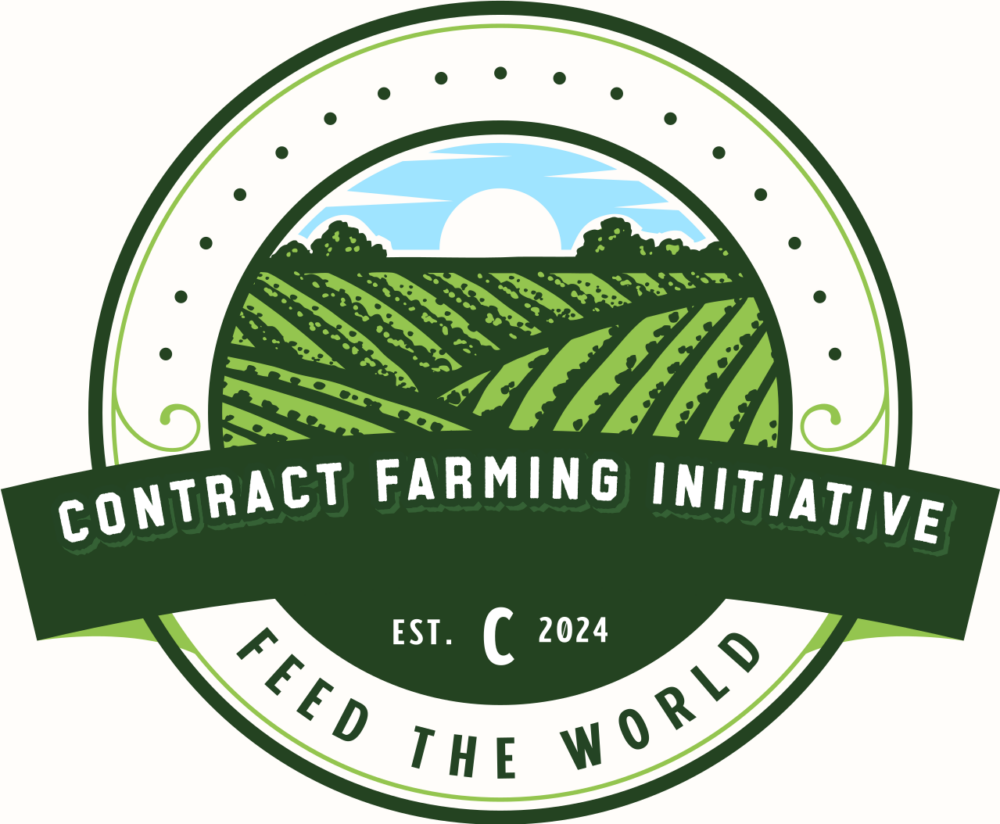Smallholder farmers often face unique challenges, including limited access to markets and resources. Contract farming presents a solution by connecting these farmers directly with buyers who are interested in their produce. This direct link not only ensures a market for their crops but also often comes with additional support, such as training and access to better inputs. As a result, smallholder farmers can enhance their productivity and income.
Another significant benefit of contract farming is the ability to negotiate better prices. In traditional farming, smallholder farmers may have to sell their produce at lower prices due to lack of bargaining power. However, with contracts in place, they can negotiate terms that reflect the true value of their products. This empowerment leads to improved financial stability and encourages farmers to invest in their operations.
Furthermore, contract farming promotes sustainable agricultural practices. Many buyers are increasingly focused on sustainability and may require farmers to adopt environmentally friendly practices. This not only benefits the environment but also enhances the quality of the produce, making it more appealing to consumers. In conclusion, contract farming is a powerful mechanism that can significantly benefit smallholder farmers, helping them to thrive in a competitive agricultural landscape.


